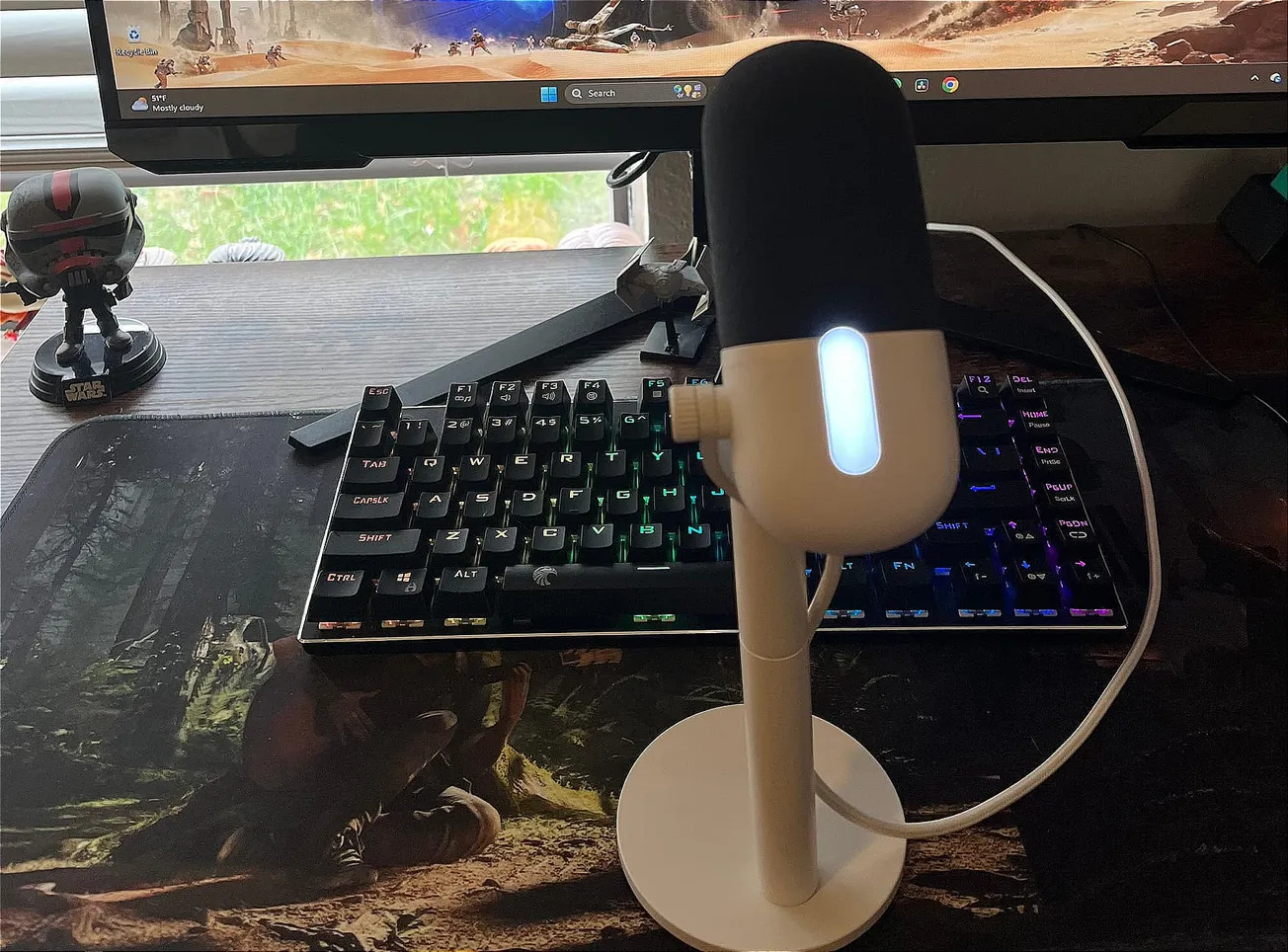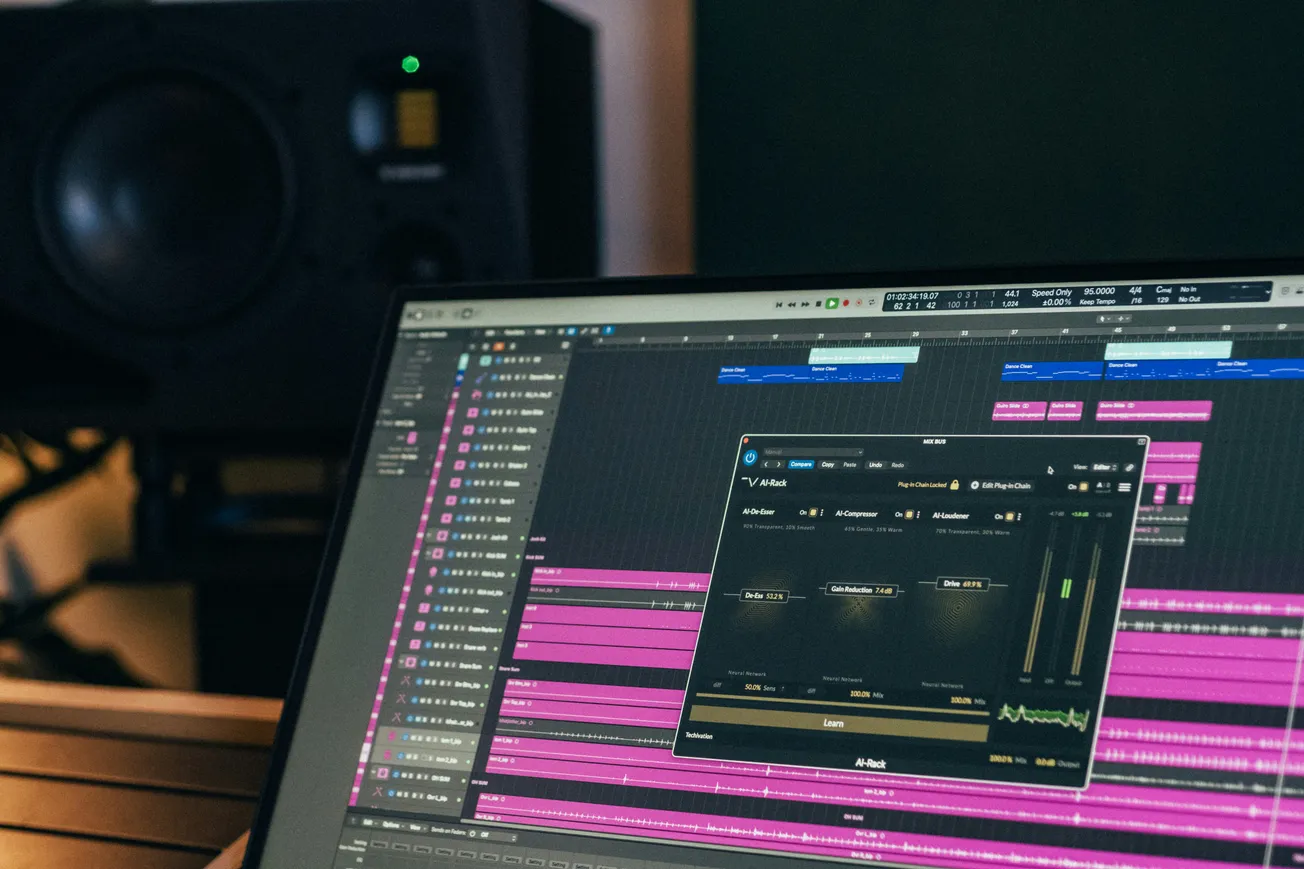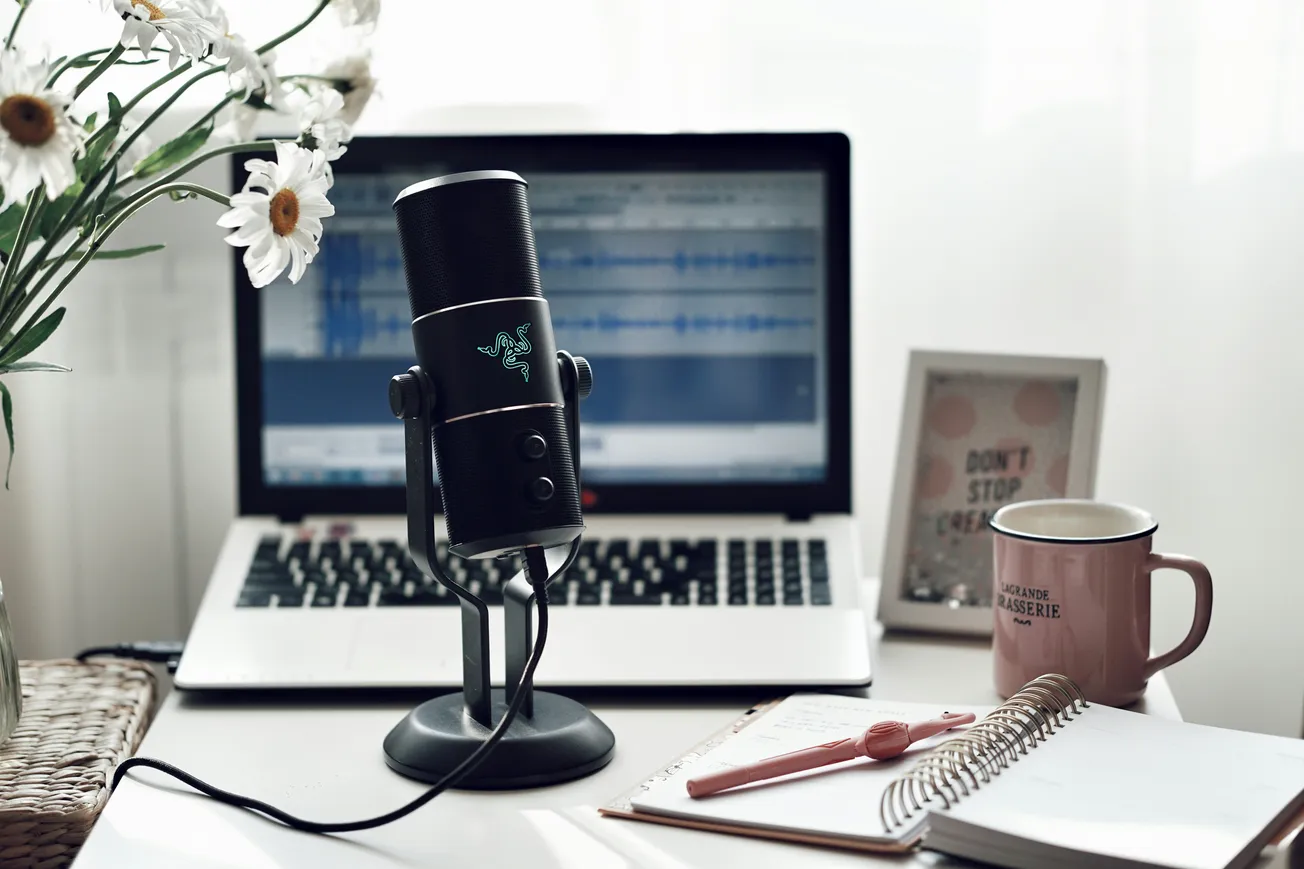In an era when brands are racing to prove the ROI of audio and podcast campaigns, Oxford Road’s recent study, The Sound of Growth: How Audio Fuels Branded Search, offers a striking revelation: podcasts and other audio formats don’t just build awareness — they drive measurable action.
The big headline: audio = action
Oxford Road analysed more than $400 million in audio‑campaign spend across 30+ years of client history. Their findings show that audio – including podcasts – can be responsible for an average 18% of a brand’s “branded search” volume (i.e., people searching the brand after hearing audio).
For some brands with heavier audio investment, that number reached 40% +. While branded search is not the same as direct product sale, it’s a key mid‑to‑lower funnel indicator: someone searches your brand because they heard about you, and that often precedes purchase.
What this means for actually selling products
Based on this insight plus broader industry research, here are the conditions under which podcasts can help move inventory and produce real sales:
- Trust and host‑voice matter: Pods where hosts genuinely discuss or endorse products create higher conversion potential. The intimacy of the medium matters.
- Investment consistency counts: Oxford Road found that brands with consistent audio spend (rather than sporadic campaigns) saw stronger search and implied sales lift.
- Match audience, format, and product: Niche shows with high listener engagement often yield better action. One external study found 44 % of listeners made a purchase after hearing a podcast‑first campaign.
- Measurement is crucial: Attribution remains a challenge. Oxford Road emphasises that just counting clicks or vanity URLs isn’t enough; you need surveys, brand‑lift studies or search‑lift data to assess impact.
Key takeaways for creators & brands
- Choose the right podcast: Not every show will drive product sales. Prioritise shows with aligned audience interests, a strong host relationship, and measurable listener action.
- Design ads for conversion, not just awareness: Use credible endorsements, clear calls‑to‑action, tracking mechanisms, and integrate into the podcast’s rhythm.
- Plan for measurement and attribution: Set up before‑and‑after branded‑search monitoring, run listener surveys, embed tracking via unique codes or links (but do not rely only on them).
- Think long‑term: One‑off placements may build awareness, but repeated exposure improves trust and drives more action over time.
- Integrate audio into the funnel: Use podcast ads alongside paid search, retargeting or social. The search‑lift finding from Oxford Road suggests podcasts prime listeners who then search and eventually convert.
Conclusion
The myth that podcasts are only “brand‑awareness” tools is losing ground. The Oxford Road study shows that when done right, podcasts can drive significant listener action — which can translate into product sales. For creators and brands, that means treating podcasts not just as story vehicles but as active components of the conversion funnel.








